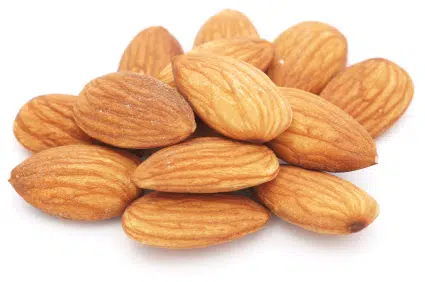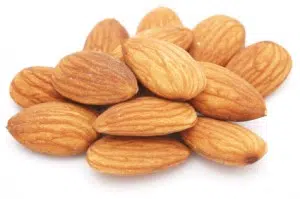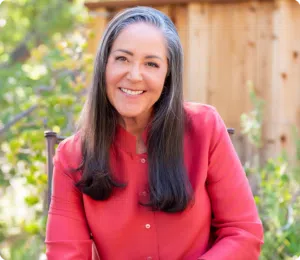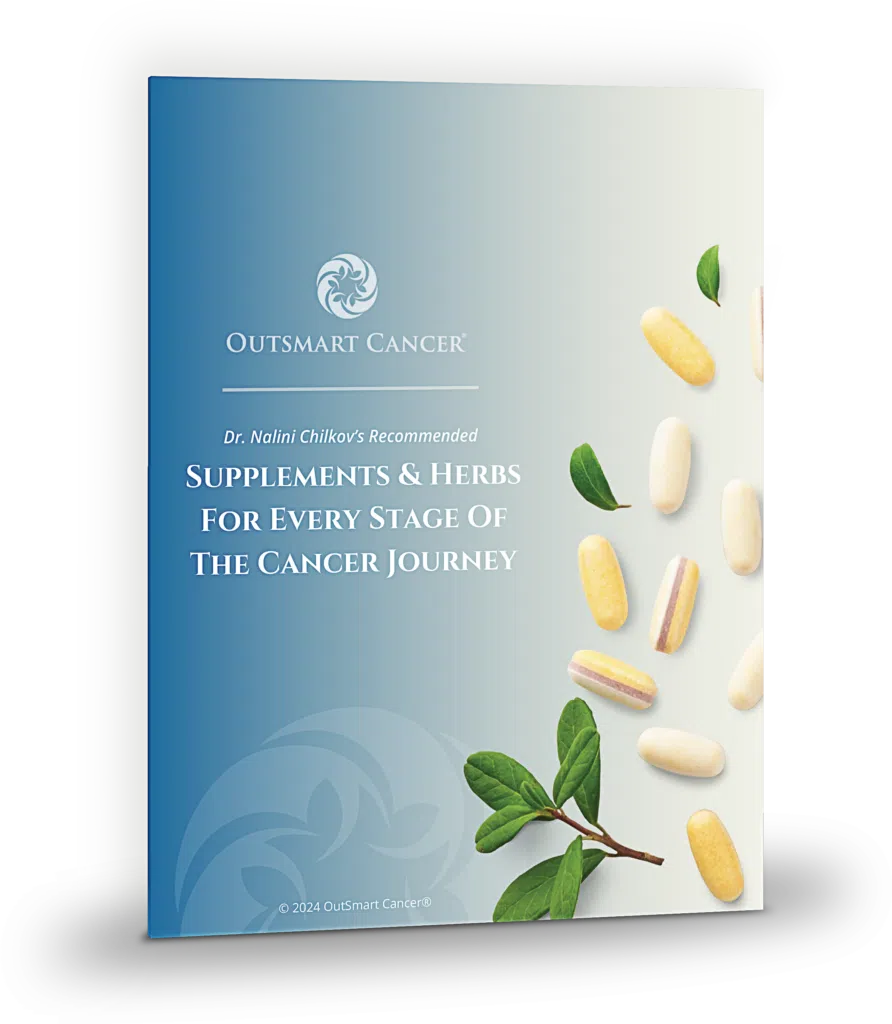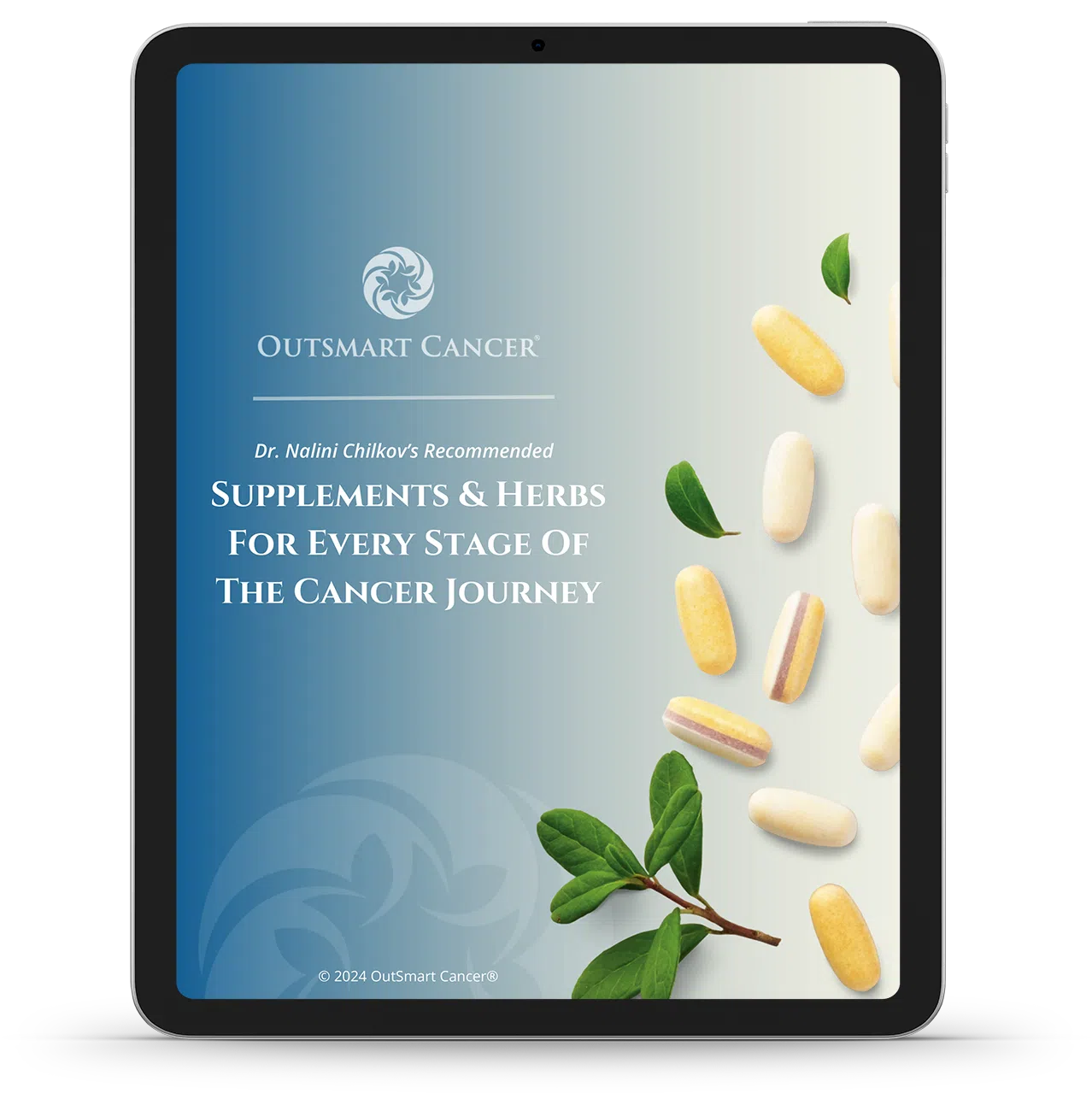Research continues to reinforce the link between breast cancer and diet, particularly the importance of keeping your blood sugar in the low normal ranges.
Higher levels of blood sugar and blood insulin are linked to higher incidence of breast cancers.
This becomes more important as you age because most women develop some “insulin resistance” (also known as Metabolic Syndrome) in which blood sugar starts to creep higher with advancing years as your cells become less sensitive to blood sugar regulating hormones.
Post menopausal women should make efforts to reduce the intake of sweets and starches. This advice also applies to younger women who will benefit by implementing healthy eating habits early in life. It’s really very easy to accomplish.
The standard American diet is filled with carbohydrates and refined sugars.
Pay attention to food labels. Stay away from foods sweetened with high fructose corn syrup. Stay away from foods sweetened with Sucralose (brand name Splenda) an artificial sweetener falsely advertised as “safe.”
Eat whole unprocessed, chemical free high fiber foods. Focus on lower-glycemic-load foods. Eat more lean meats and fish, fresh vegetables and fruits, low-fat dairy products (if you are not allergic or lactose intolerant), nuts, seeds, and legumes like beans and lentils.
Add some tang. Vinegar and lemon juice can help lower the glycemic load of a meal. Don’t forget the fat. Add some healthy fat (like olive oil) to help slow down carbohydrate absorption and lower the glycemic load of your favorite foods.
Here is a great article By Kimberly Beauchamp, ND discussing the importance of eating a low carb, low sugar, low glycemic diet quoting research emphasizing the lower risk of breast cancer in post menopausal women who make simple changes in food choices. What you choose on a daily basis is the most powerful way to transform your health.
After Menopause, Cut Carbs to Lower Breast Cancer Risk
In postmenopausal women, higher glycemic load and carbohydrate intake were associated with a greater risk of [some] breast cancers
High-carbohydrate diets may increase the risk of some types of breast cancer, according to a study in the American Journal of Clinical Nutrition.
Ranking your carbs
Carbohydrates are a major fuel source for the body, but some are better for you than others. Processed foods like pasta and many baked goods are generally stripped of fiber and other nutrients, leaving behind a load of easily absorbed sugar and starch.
A couple of different measures have been developed to assess the effect of carbohydrate-containing foods on blood sugar levels:
The glycemic index ranks foods on a scale of 1 to 100, depending on how much the food raises blood sugar. Higher glycemic index foods cause large fluctuations in blood sugar and are associated with an increased risk of many chronic diseases, including diabetes and heart disease.
The glycemic load takes into account the amount of carbohydrates present in a serving of a given food, as well as the glycemic index of the food. The result is a more accurate estimate of how different foods affect blood sugar and insulin levels.
High glycemic load linked to breast cancer risk in some women.
The study looked at breast cancer risk among 334,849 women ages 34 to 66 who took part in the European Prospective Investigation into Cancer and Nutrition. The women provided detailed information about their usual diets and the investigators evaluated the diets in terms of total carbohydrate intake, glycemic index, and glycemic load.
Over the course of about 12 years, 11,576 women were diagnosed with invasive breast cancer.
In postmenopausal women, higher glycemic load and higher carbohydrate intake were associated with a significantly greater risk of estrogen receptor negative and estrogen-receptor-negative/progesterone-receptor-negative breast cancers.
Glycemic load, glycemic index, and carbohydrate intake were not associated with overall breast cancer risk for all women.
Previous studies have suggested that diets with a higher glycemic load could stimulate insulin receptors in breast tissue or influence other hormones that affect breast cancer risk.
Make your carbs count
“Our results also suggest a potential interaction between fiber intake and glycemic load and carbohydrates on the risk of breast cancer,” said the study’s authors. “This supports the hypothesis of a role of fiber in modifying carbohydrate absorption and in lowering insulin response.”
Dietary fiber and fat can both help slow down carbohydrate absorption. For this reason, eating whole foods is a good way to help lower the overall glycemic load of your diet. Here are some ways to enjoy your food without making your blood sugar go crazy.
Get juicy. Instead of swigging sugar-sweetened drinks or regular juice, try a whole juice, one made by blending the entire fruit in a heavy-duty blender. Watermelon, strawberries, pineapple, and peaches mixed with a handful of crushed ice makes a refreshing low-glycemic-load treat.
Make it brown. If it’s white—rice, pasta, or bread—chances are it’s not good for you. Choose whole grains whenever you can.
Focus on lower-glycemic-load foods. Eat more lean meats and fish, fresh vegetables and fruits, low-fat dairy products, nuts, seeds, and legumes like beans and lentils.
Add some tang. Vinegar and lemon juice can help lower the glycemic load of a meal.
Don’t forget the fat. Add some healthy fat (like olive oil) to help slow down carbohydrate absorption and lower the glycemic load of your favorite foods.
(Am J Clin Nutr 2012;96:345–55)
Kimberly Beauchamp, ND, received her doctoral degree from Bastyr University. Her blog, Eat Happy, helps take the drama out of healthy eating with real food recipes and nutrition news that you can use.

